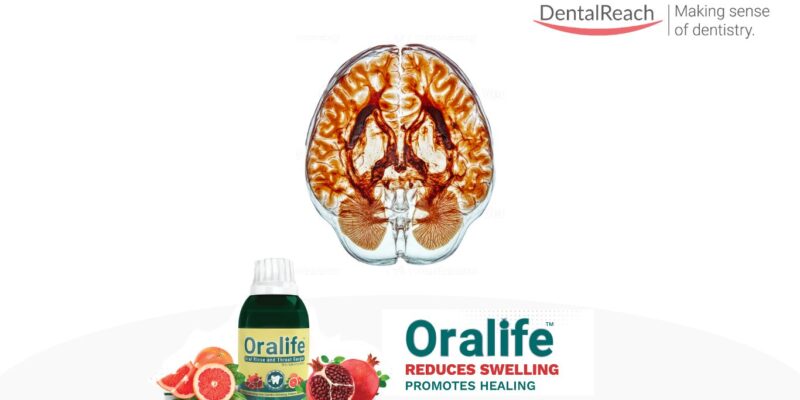In response to widespread media reports on a neuromelioidosis outbreak in Tamil Nadu, the Indian Dental Association (IDA), Tamil Nadu State Branch, has issued an official clarification to reassure the public and dental professionals. The notice comes after a study published in The Lancet identified 21 cases of neuromelioidosis in northern Tamil Nadu between July 2022 and April 2023, with several patients having visited a single dental clinic in Vaniyambadi, Tirupattur district.
Outbreak Traced to Contaminated Saline, Not Clinical Procedures
According to the Lancet report and supporting media coverage, the infections were traced not to the dental procedures themselves but to contaminated saline used during treatment. Investigations revealed unsafe handling practices—a periosteal elevator was used to open a saline bottle that was then improperly resealed and reused on multiple patients. This led to contamination by Burkholderia pseudomallei, the bacterium responsible for neuromelioidosis. (The Lancet Study Coverage – Hindustan Times)
The IDA Tamil Nadu emphasized that this is not a failure of dental practice or technique, but rather a case of breach in basic aseptic protocol related to consumables.
“Our dental professionals follow stringent infection control protocols including sterilization of instruments, use of disposable materials, and adherence to national and international hygiene standards,” said the Secretary of IDA Tamil Nadu.
Tamil Nadu: A Known Hotspot for Melioidosis
This outbreak also sheds light on a larger, ongoing concern:Tamil Nadu is already one of the regions in India heavily affected by melioidosis. Though the disease is underdiagnosed and underreported nationally, a study from a tertiary care hospital in Tamil Nadu recorded 59 cases between 2014 and 2022, with a mortality rate of 39%. Most of these patients had underlying health conditions such as diabetes mellitus, which increases susceptibility to B. pseudomallei infection.
With India bearing the highest estimated burden of melioidosis globally, Tamil Nadu’s monsoon climate and widespread exposure to contaminated soil and water create an environment where such infections can emerge more frequently, especially among immunocompromised populations.
What Is Neuromelioidosis?
Neuromelioidosis is a rare and potentially fatal form of melioidosis that affects the central nervous system, leading to brain abscesses, meningitis, and long-term neurological deficits. It requires intensive and prolonged antibiotic therapy, and the prognosis worsens significantly in patients with comorbidities such as diabetes, chronic kidney disease, or other forms of immunosuppression.
Reinforcing Dental Safety Standards
The IDA Tamil Nadu reiterates its zero-tolerance policy toward lapses in infection control. Clinics across the state are expected to follow globally accepted protocols, including:
- Use of sterile, single-use saline and medications
- Proper storage and handling of consumables
- Adherence to CDC and DCI (Dental Council of India) infection prevention guidelines
- Training of staff in aseptic technique and waste management
A Call for Vigilance
This unfortunate incident serves as a wake-up call for the entire healthcare ecosystem, not just dental clinics. It underscores the critical need for safe handling of all medical supplies, routine audits, and strict adherence to infection control protocols, especially in areas where melioidosis is endemic.
IDA Tamil Nadu concluded its statement by extending condolences to the affected families and reaffirming its commitment to public health and patient safety.
To read the full IDA statement or learn more about melioidosis-related infection control guidelines, visit the official IDA Tamil Nadu website.




















Comments